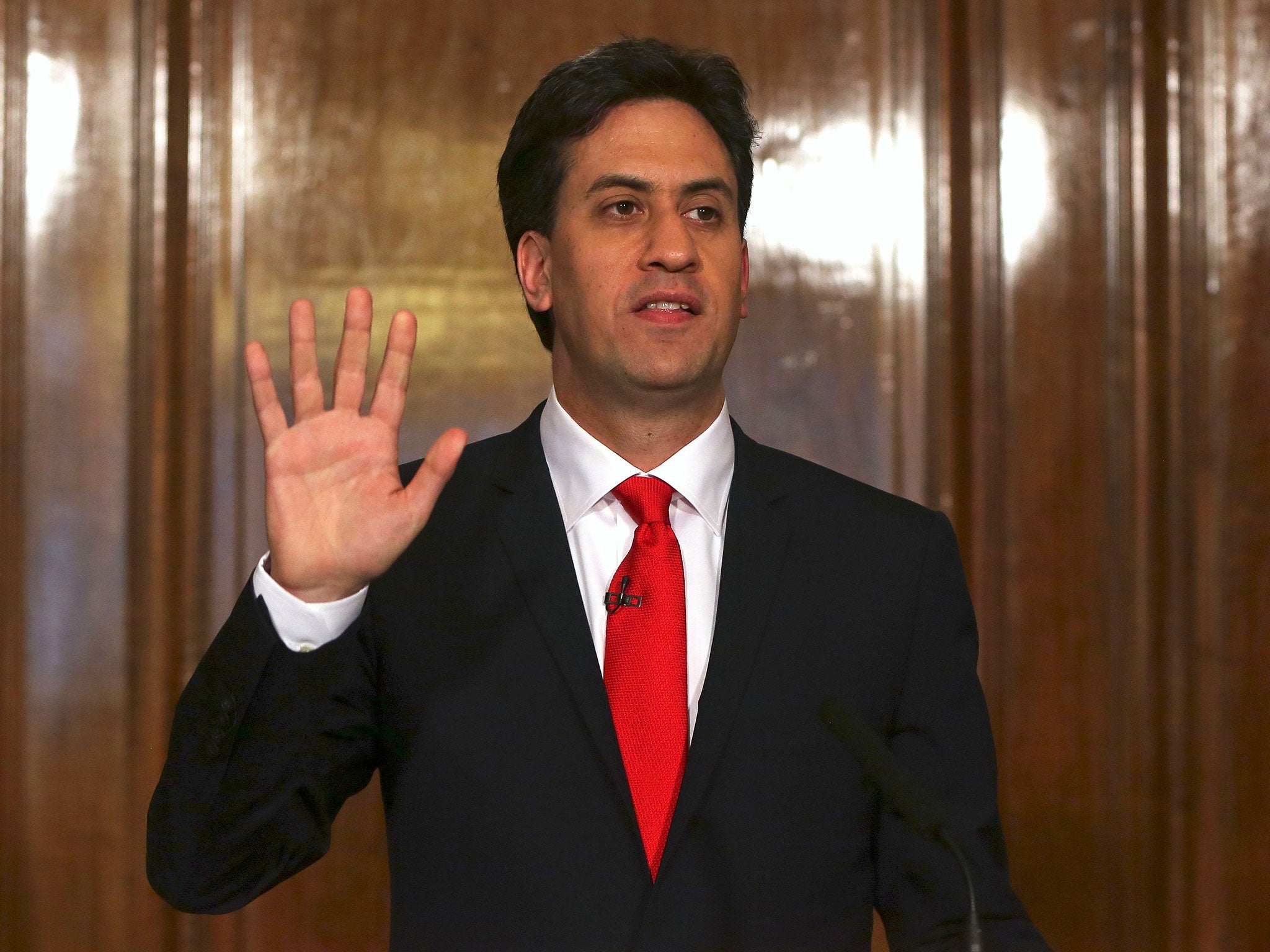Is it time for London to secede? Not quite yet...
But if the UK votes to leave the EU, then the capital should go it alone

“London isn’t English anymore”. “The media is too London-centric”. “Government policy is skewed to benefit the capital”. These are reasonable objections of many people around the UK who feel they have ever less in common with people who live in, and govern from, the metropolis – not just in terms of politics, but culture and identity too.
Despite the Tories’ achievement of securing a national majority with 331 of the 650 parliamentary seats, their success in the capital is diminishing.
The Conservatives secured only 27 of the city’s 73 seats, six fewer than they held after the 2010 election. An obstacle to the Tories’ success - and that of the right wing in general - at making political inroads in London, appears to be the city’s demographics. The stereotypical Tory voter – the White, English, and middle-class Christian – is more of a minority in the capital than ever before. The 2011 Census showed that, for possibly the first time in the past thousand years, less than half of Londoners were either Christian or White British.
London, unlike any other conurbation in the world – except perhaps New York City – has become a truly global metropolis. Composed of individuals from every race and religion imaginable, and with around one hundred different languages spoken in each of its 32 boroughs. By almost all measures, London is incomparable to any other city in the UK. London isn’t really English anymore, and it probably never will be again.
This dichotomy with the UK, however, is not justification for London to secede from the UK. As globalisation surges, and national boundaries – particularly in Europe – become growingly irrelevant, what is the point of drawing up more borders? There are enough manufactured social constructs that divide people – why add another? The answer: the European Union.
David Cameron pledged that if the Conservatives won a majority in this election, his government would hold an in/out referendum on the UK’s membership of the European Union by 2017.
Assuming that he doesn’t pull a Clegg and unashamedly renege on his promise, it is distinctly possible that we are now in our last two years as part of the union. Recent polls indicate that the majority of Conservative Party members want to leave the EU, as of course do the vast majority of Ukip members.
National polls indicate a current overall preference to remain "in", but constant fluctuations make any predictions uncertain. However, a prominent exception to this Eurosceptic sentiment is – you guessed it – London, where two thirds of the public support remaining in the EU (a higher rate than any other region in the country). The city breeds the desire for international interconnectedness, and EU membership embodies this more than UK membership does. Therefore, if the UK leaves the EU, London should leave the UK, and then re-join the EU.
A move for London’s secession from the UK could also quell some of the concerns harboured outside the city; a new and separate government could be established in Manchester, or the historic capital of Winchester. Without the extreme demographic differences between capital and country, this new parliament might more efficiently represent the wishes of the British people. And if this didn’t work out, the remainder of the UK would be welcomed back into the EU with open arms.
Regardless, if the UK chooses to leave the EU, then London must seriously consider what it wants to be: the capital of an insular island nation, shutting its doors to the continent, or an inclusive and influential member of the European and wider international community. It can’t be both.
Avinash Tharoor is a public policy student and the editor of The Prohibition Post.
Join our commenting forum
Join thought-provoking conversations, follow other Independent readers and see their replies
Comments
Bookmark popover
Removed from bookmarks